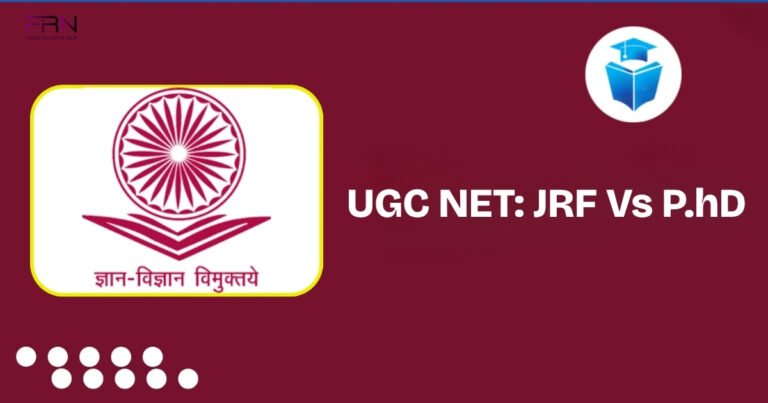
“Days at the Morisaki Bookshop” by Satoshi Yagisawa is a touching novel that thoughtfully explores themes of healing, self-discovery, and the subtle yet significant influence of literature. Originally published in Japan in 2010 and recently released to English-speaking audiences, this novel provides a reflective and immersive experience, making it a worthwhile read for today’s generation.
Imagination of Healing and New Discovery
The novel intricately follows the journey of Takako, a young woman in her mid-20s, whose seemingly stable life unravels abruptly when her boyfriend ends their relationship without warning. Left feeling emotionally adrift and uncertain about her future, Takako decides to accept an invitation from her estranged uncle, Satoru, to stay at his quaint secondhand bookshop located in the heart of Tokyo’s Jinbōchō district, a neighborhood renowned for its rich literary heritage and bustling atmosphere.
Initially apathetic toward literature, Takako begins to explore the dusty shelves of the bookshop, gradually discovering a hidden passion for the stories contained within those musty pages. The shop itself, with its cozy nooks and the comforting scent of aging paper, becomes a refuge for her restless spirit. As she spends more time surrounded by forgotten tales and charming characters, Takako finds solace and a fresh perspective on life, awakening a curiosity that had long lain dormant.
Yagisawa’s storytelling is profoundly introspective yet remains beautifully accessible. The novel’s simplicity is one of its most compelling attributes; rather than leaning on dramatic plot twists, it revels in the beauty of ordinary moments that often go unnoticed. Through her experiences in the inviting atmosphere of the bookshop, Takako undergoes a poignant transformation. This journey feels genuinely authentic and resonates deeply with modern readers who find themselves navigating their own crossroads in life, seeking meaning and purpose amid the chaos of existence.
The Timeless Allure of Bookstores
For the current generation, particularly those navigating career uncertainties, heartbreaks, and personal doubts, Days at the Morisaki Bookshop serves as a gentle reminder of the power of literature to provide escape and self-reflection. The novel resonates especially well with young adults who might feel lost in the fast-paced, digitally driven world. In an era dominated by instant gratification and endless distractions, the book encourages readers to slow down, find solace in stories, and appreciate the quiet joys of reading.
Jinbōchō itself acts almost as a secondary character, offering an atmospheric backdrop that highlights the enduring charm of physical bookstores. The setting invites readers to reflect on the importance of literary spaces in an age where online shopping and e-books dominate the market. In doing so, Yagisawa subtly advocates for the preservation of such spaces, reminding us of their irreplaceable role in fostering community and connection.
Attractive for Modern Sensibility
The novel’s brevity and straightforward prose make it an ideal choice for contemporary readers who may struggle with dense or overly complicated narratives. Its themes of loneliness, renewal, and personal growth are universally relevant, making it a comforting and relatable read for those grappling with similar emotions.
Moreover, Takako’s journey is particularly meaningful in today’s climate, where many young people face existential crises regarding their careers and futures. Her slow but steady rediscovery of herself through books and human connections highlights the quiet strength needed to move forward after loss. The story does not offer grand resolutions or dramatic twists; instead, it provides warmth and reassurance, reminding readers that healing is a process that unfolds in its own time.
Final Verdict: As a Reader for Modern Generation
Days at the Morisaki Bookshop” is a beautifully understated novel that will resonate with anyone who has ever felt lost or uncertain about their path. Its exploration of personal healing, the simple joys of literature, and the importance of finding one’s own pace in life makes it an essential read for today’s generation.
While some readers may find the narrative too subtle or slow-paced, this quality is what makes the book special. It does not rush toward a conclusion but instead allows its characters—and readers—to breathe, reflect, and grow. In a world that often demands immediate answers, this novel reminds us that sometimes the most profound transformations occur quietly, one page at a time.



